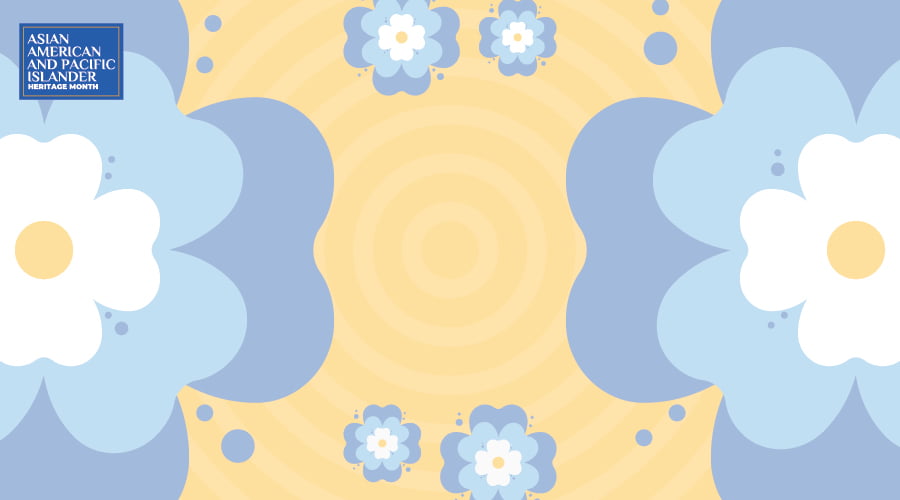By Joe Chow, MD, MBA, President, TeamHealth Ambulatory Care, and Medical Director, AccessNurse
May is Asian American and Pacific Islander Heritage Month, which celebrates the contributions and achievements of Asians and Pacific Islanders in the United States. This includes people from Asia, Pacific islands of Melanesia (New Guinea, New Caledonia, Vanuatu, Fiji and the Solomon Islands), Micronesia (Marianas, Guam, Wake Island, Palau, Marshall Islands, Kiribati, Nauru and the Federated States of Micronesia) and Polynesia (New Zealand, Hawaiian Islands, Rotuma, Midway Islands, Samoa, American Samoa, Tonga, Tuvalu, Cook Islands, French Polynesia and Easter Island).
May was selected to commemorate the immigration of the first Japanese to the United States in 1843 as well as the completion of the transcontinental railroad in 1869, where the majority of the workers were Chinese immigrants. This celebration started as a weeklong celebration under President Jimmy Carter, then extended to a month under President George H.W. Bush.
There are many ways to learn about the Asian/Pacific Islander culture. Some examples include reading about Asian/Pacific Islander history, making an Asian dish, celebrating festivities such as a luau or the Lunar New Year, and even talking to a friend or colleague about their cultural heritage.
What AAPI Heritage Month means to me
The Chinese New Year was always the biggest holiday my family would celebrate, although we celebrated many. In 2021, the Chinese New Year – or Year of the Ox – was celebrated on February 12.
What stood out to me as a child were the celebrations with family and friends, the overabundance of a wide variety of traditional foods, such as dumplings and scallion pancakes, and of course, the little red envelopes filled with money representing good luck and prosperity in Chinese and Asian cultures. As I write of these memories and traditions, I realize cultures are distinct, but as people, we all seek many of the same things: comfort, well wishes and familiar traditions.
More than ever, with the rise of anti-Asian sentiment and violence towards Asians, it is important to learn about the Asian culture (and others), the contributions of Asian Americans and the continued effort toward racial equality.
I worry about the safety of my elderly parents out in the community and to an extent, my children, which is difficult. This is a plight felt by many cultures and is not unique to Asians. However, I am optimistic that an awareness of diverse cultures will lead toward a better understanding and tolerance of people, and how we are more alike than different.
I am extremely proud to work for a company that does not tolerate intolerance, but sheds a light on these issues and fosters an inclusive culture.
